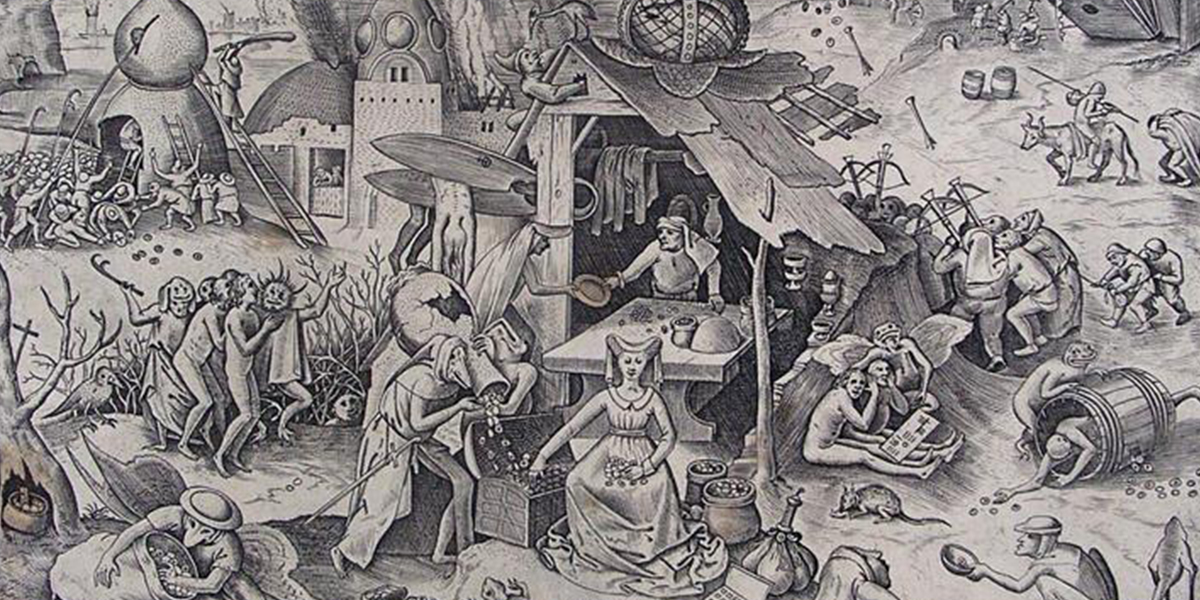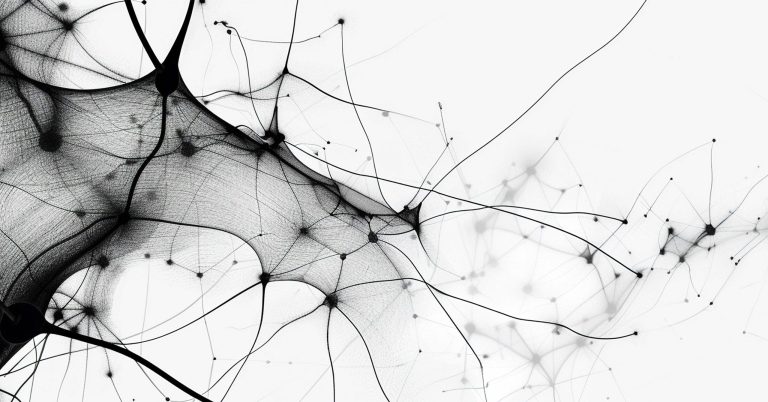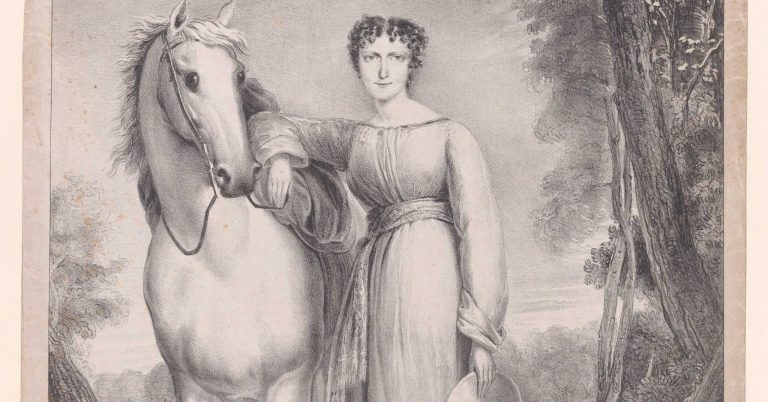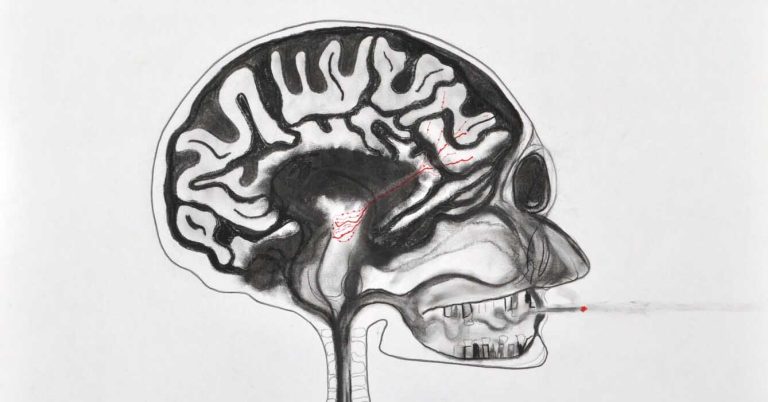
By Nicholas Baima
Greed is clearly unjust, but is it foolish? In Book 1 of Plato’s Republic, Thrasymachus defends the value of injustice by arguing that it is in one’s self-interest to be greedy. Justice, he argues, is nothing more than ‘high-minded simplicity’, for justice requires us to sacrifice our own good for the sake of others, while injustice allows us to pursue our own good at the expense of others. If greed promotes one’s self-interest, how could it be irrational?
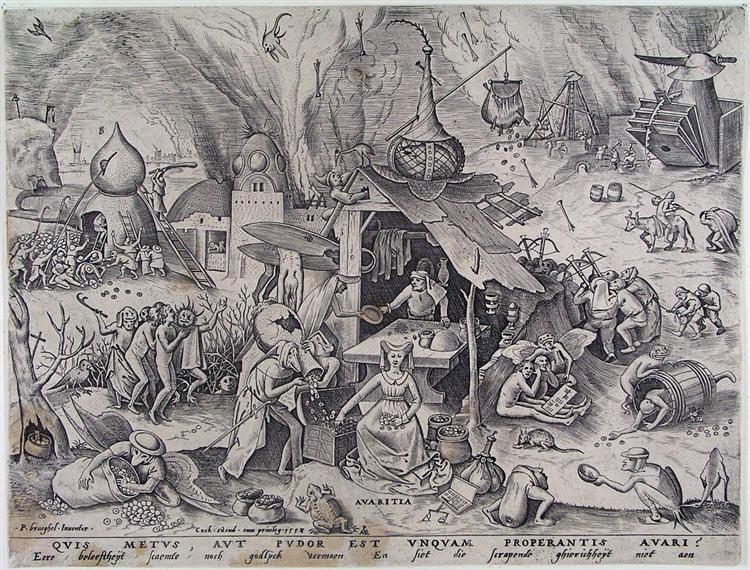
Socrates challenges Thrasymachus’ position in several ingenious ways, but one of Socrates’ arguments, the “greedy craftsperson”, has notoriously puzzled scholars (349b–350c). The argument comprises three stages. First, Socrates argues that unjust people – people defined by their greed – try to have more and outdo everyone, while just people only try to outdo unjust people. Second, he connects the attitudes of unjust people to non-experts in crafts and just people to experts, arguing that non-experts overreach everyone, while experts only overreach non-experts. Third, Socrates reasons that because unjust people are like non-experts and non-experts are foolish, unjust people are foolish, and because just people are like experts and experts are wise, just people are wise.
Many have found this argument confusing because Socrates’ account of experts and non-experts seems wrong. Experts are often more competitive than non-experts – I am a non-expert pianist and I don’t try to outdo anyone at piano playing. In my article, ‘Socrates, Thrasymachus, and Competition among the Unjust‘ from Volume 2 Issue 1 of Ancient Philosophy Today, I attempt to make sense of this bemusing argument. I observe that the Greeks sometimes use the word “to overreach” and “to outdo” (pleonektein) and “greed” (pleonexia) in non-moral situations to describe something missing a mark or exceeding a limit. For instance, it is a principle of ancient medicine that health involves a balance of various elements in the body. Disease results from exceeding this balance or pleonexia.
To help make sense of this, envision a target board. The bullseye represents getting a craft right according to its standards, while everything outside the bullseye involves “overreaching” these standards. Because the end of medicine is health, a corrupt physician that recommends unnecessary surgeries for profit misses the bullseye, as does a quack doctor who knows nothing about health. To hit the bullseye, a physician must not only aim at health but also know how to bring it about. If we idealized and considered fully rational physicians who know all the facts about medicine and the body, they would presumably agree about particular prescriptions. Understood in this way, craft-experts cohere with other craft-experts, but disagree with non-experts. This is the sense in which experts “overreach” non-experts. Because there are a million ways to execute a craft incorrectly, non-experts fail to cohere with anyone, and in this sense, they “overreach” everyone.
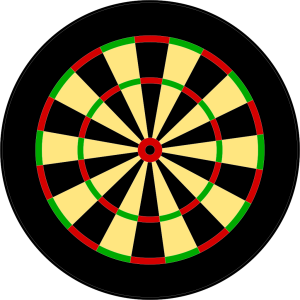
To be sure, some crafts are inherently competitive, but these crafts are still collaborative. Expert boxers aim to achieve the excellences that inhere in boxing, and they constrain their behaviors to achieve these goods. Indeed, when athletes thank and praise their opponents, it is not always false humility – athletes require things of their opponents in order to achieve the goods of that practice. As the great Muhammad Ali said of his bitter rival Joe Frazier, ‘[he] is a good man, and I couldn’t have done what I did without him, and he couldn’t have done what he did without me’; and Frazier of Ali, ‘Do not forget that we needed each other, to produce some of the greatest fights of all time’.[1] The unjust do not praise their rivals like this because injustice is uncollaborative. Moreover, though Ali and Frazier had different in-ring styles and might disagree about some of the finer points of the sweet science, they would generally agree about boxing and training fundamentals.
We can now begin to see the connection between greed and non-expertise, on the one hand, and justice and expertise, on the other. The greedy person is in a state of competition with everyone, and because of this, they adopt an outlook and disposition that fails to cohere with their fellow citizens. Likewise, the non-expert who attempts to engage in a given craft will create something that fails in its own unique way, and thus, doesn’t cohere with the work of anyone else. In contrast, the just person lives in a manner that coheres with other just people, just as the craft expert has views and creates products that cohere with the views and products of other experts. Since the greedy person resembles the non-expert and the just person resembles the expert, we can be confident that it is not injustice, but justice, that involves wisdom.

Nicholas Baima is an Assistant Professor of Philosophy at Harriet L. Wilkes Honors College, Florida Atlantic University. The focus of his research is in ancient philosophy and ethics.
[1] https://www.theguardian.com/sport/2011/nov/08/muhammad-ali-joe-frazier


